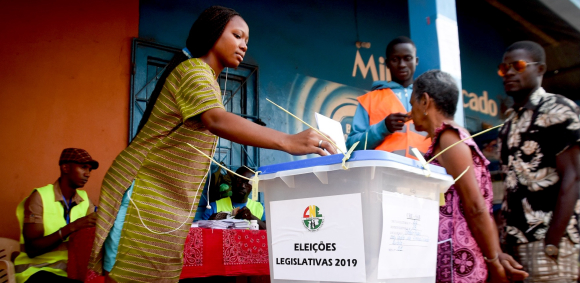The National Authority for the Campaign Against Alcohol and Drug Abuse (NACADA) has taken a bold step in the fight against rising cases of alcohol and substance abuse in Kenya. On Wednesday, July 30, NACADA officially launched the National Policy for the Prevention, Management, and Control of Alcohol, Drug, and Substance Abuse, a move aimed at significantly reducing access to alcohol and other harmful substances across the country.
The new policy introduces sweeping restrictions on where alcohol can be sold, with NACADA imposing an outright ban on the sale of alcohol in supermarkets, online platforms, bus parks, beaches, and 10 other key public areas. According to the agency, these locations have been identified as major points of easy access that contribute to the growing problem of alcohol and drug abuse, especially among young people and vulnerable populations.
By restricting alcohol sales in these high-traffic spaces, NACADA hopes to minimize exposure and reduce impulse buying, which often leads to unhealthy drinking habits. The ban also targets online alcohol sales, which have surged in recent years, making alcohol more accessible to underage individuals and people in areas where strict regulations are harder to enforce.
The policy is part of a larger national strategy to address the social and health challenges associated with alcohol and substance abuse. NACADA emphasized that the initiative is not only about restriction but also about prevention and rehabilitation. Alongside the bans, the policy outlines programs for awareness creation, community education, and support for individuals struggling with addiction.
This landmark move underscores the government’s commitment to safeguarding public health, reducing addiction rates, and fostering safer communities. With Kenya facing growing concerns over the impact of alcohol and drugs on families, productivity, and the economy, NACADA’s policy is expected to play a pivotal role in reshaping the country’s approach to managing substance abuse.
The agency has urged all stakeholders, including local authorities, retailers, and the public, to comply with the new directives and work collectively to ensure the successful implementation of the policy. NACADA reiterated that addressing alcohol and drug abuse is not just a government responsibility but a collective effort to secure a healthier and more productive society.














Leave a comment